
Dietary supplements are famous for their perceived health benefits, but not all supplements are as benign as they seem. While many offer advantages, some popular supplements can pose risks to heart health. Here’s a closer look at 10 supplements that could potentially harm your heart, from causing spikes in blood pressure to triggering heart palpitations.
St. John’s Wort

It is used to treat depression and improve mood. However, it can also interact with a variety of medications, including blood thinners and antidepressants. This interaction can heighten the risk of bleeding or serotonin syndrome, which is a life-threatening condition characterized by dangerously high levels of serotonin.
Source: Healthline
Ginkgo Biloba
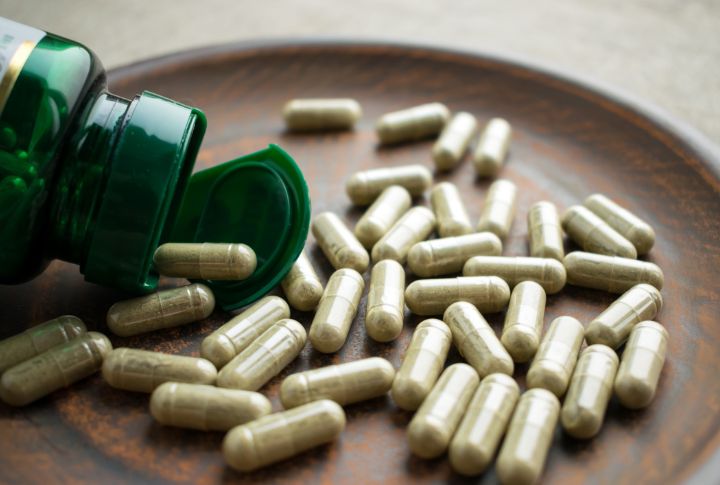
This supplement is often used to enhance memory and cognitive function and to improve blood circulation. Despite its popularity, Ginkgo biloba has been associated with an increase in blood pressure, which is especially concerning for individuals with hypertension or those at risk of developing high blood pressure. You need to regularly monitor blood pressure when using this supplement.
Source: WebMD
Omega-3 Fatty Acids
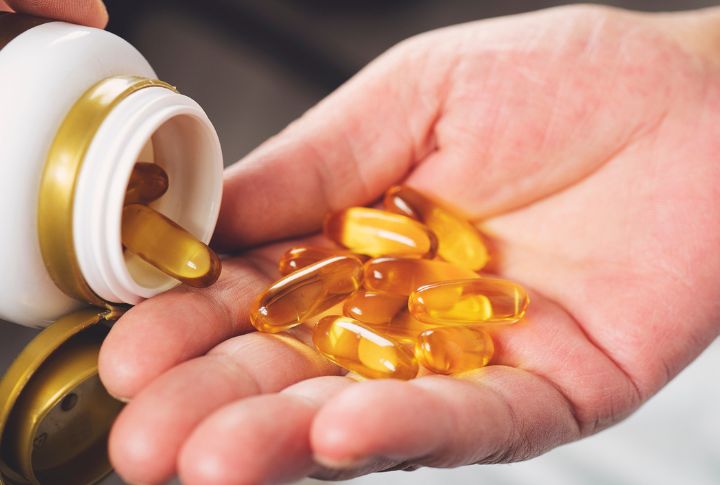
Omega-3 fatty acids contain anti-inflammatory properties and are helpful for heart health. However, high doses of Omega-3s or their combination with anticoagulant medications can increase the risk of bleeding. This is particularly problematic for individuals with bleeding disorders or those taking blood thinners.
Source: WebMD
Coenzyme Q10 (CoQ10)

While generally considered safe, CoQ10 may interact with statins, a class of medications for lowering cholesterol. This can lead to higher levels of liver enzymes, which may indicate liver damage. If you’re taking statins, talk to your doctor before adding CoQ10 to your regimen.
Source: National Institutes of Health
Ginseng
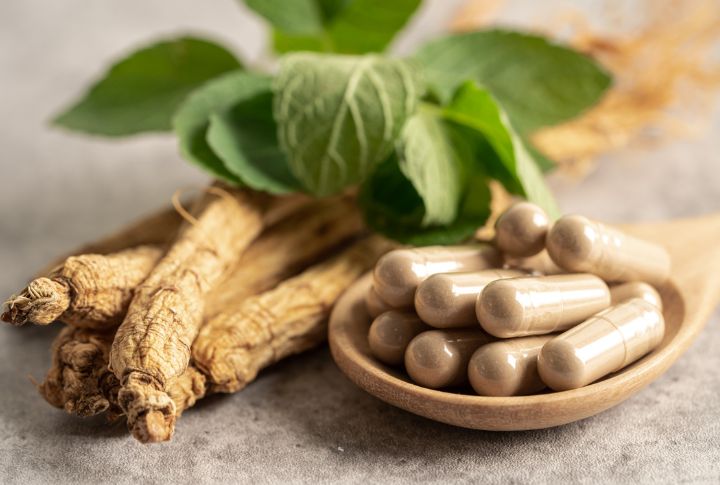
Used for its energy-boosting and stress-relieving properties, this herbal supplement has quickly become popular over the years. However, it has been linked to changes in blood pressure and heart rate, which can be risky for individuals with cardiovascular issues or those taking medications that affect blood pressure.
Source: National Institutes of Health
Vitamin E
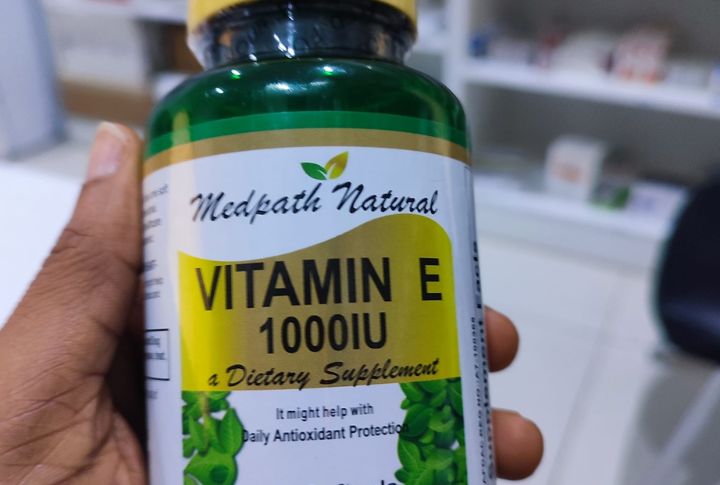
This antioxidant supports immune function and skin health. It is beneficial in moderate amounts, but high doses can heighten the risk of bleeding, especially when combined with anticoagulant medications. Discuss Vitamin E supplementation with a doctor if you are taking blood thinners or have a bleeding disorder.
Source: WebMD
Garlic
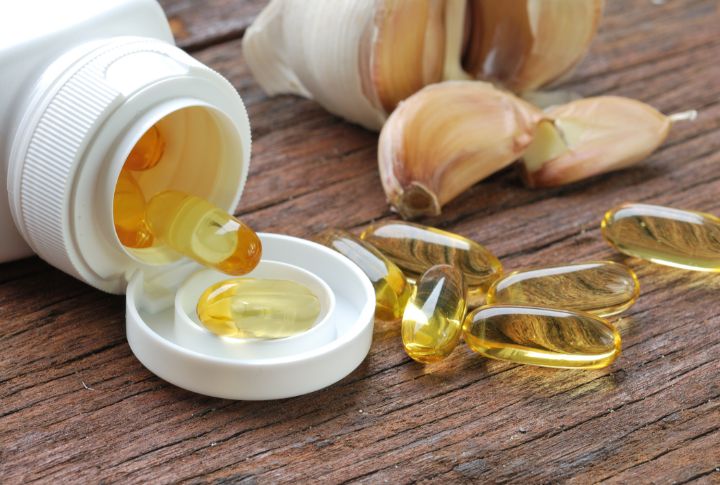
Celebrated for its cardiovascular benefits, which include lowering cholesterol and blood pressure, garlic is a popular dietary supplement. Despite these benefits, it can interact unfavorably with medications like blood thinners and antihypertensives, potentially increasing the risk of bleeding or dangerously lowering blood pressure levels.
Source: Havard Health
Green Tea Extract
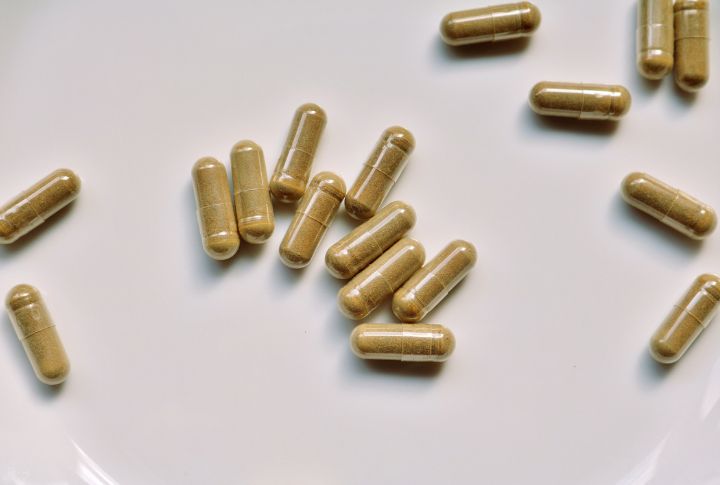
Often promoted for its weight loss benefits and antioxidant properties, green tea extract contains caffeine and catechins that can affect heart rate and blood pressure. This could be especially problematic for those with hypertension or those at risk of high blood pressure, as green tea extract may worsen these conditions. Monitor your blood pressure closely if you’re using this supplement.
Source: WebMD
Turmeric
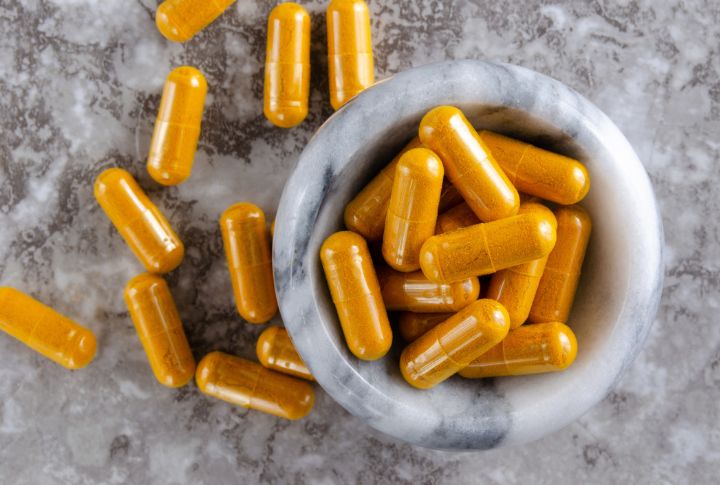
Turmeric is a popular spice and supplement known for its anti-inflammatory properties. It contains curcumin, which may interact with blood thinners and increase the risk of bleeding. If you’re taking medications like warfarin or aspirin, consult your healthcare provider.
Source: Medical News Today
Ashwagandha
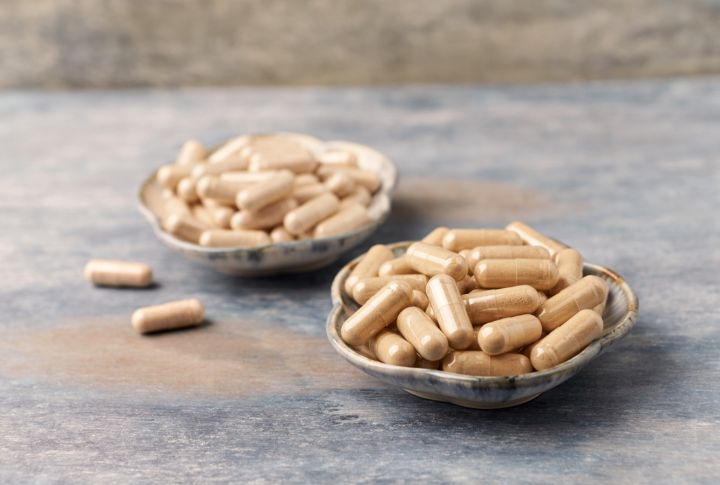
Widely used for stress relief and overall health support, Ashwagandha is an herbal supplement of note. Nonetheless, it’s been associated with changes in blood pressure and heart rate. This may be concerning for individuals with cardiovascular problems or those with medications that affect blood pressure.
Source: Medical News Today
